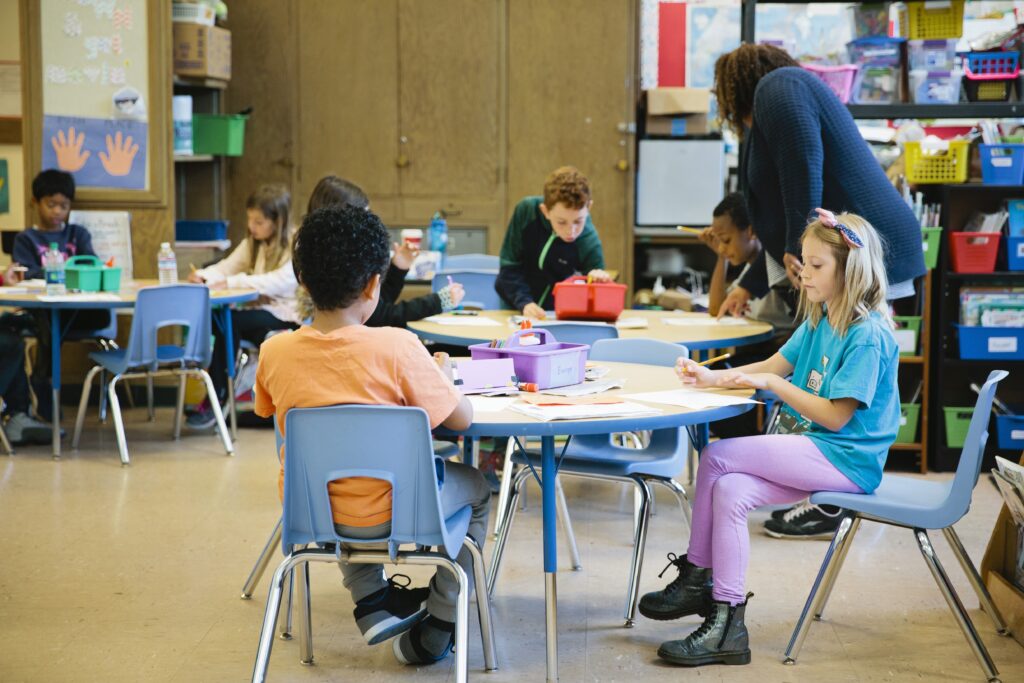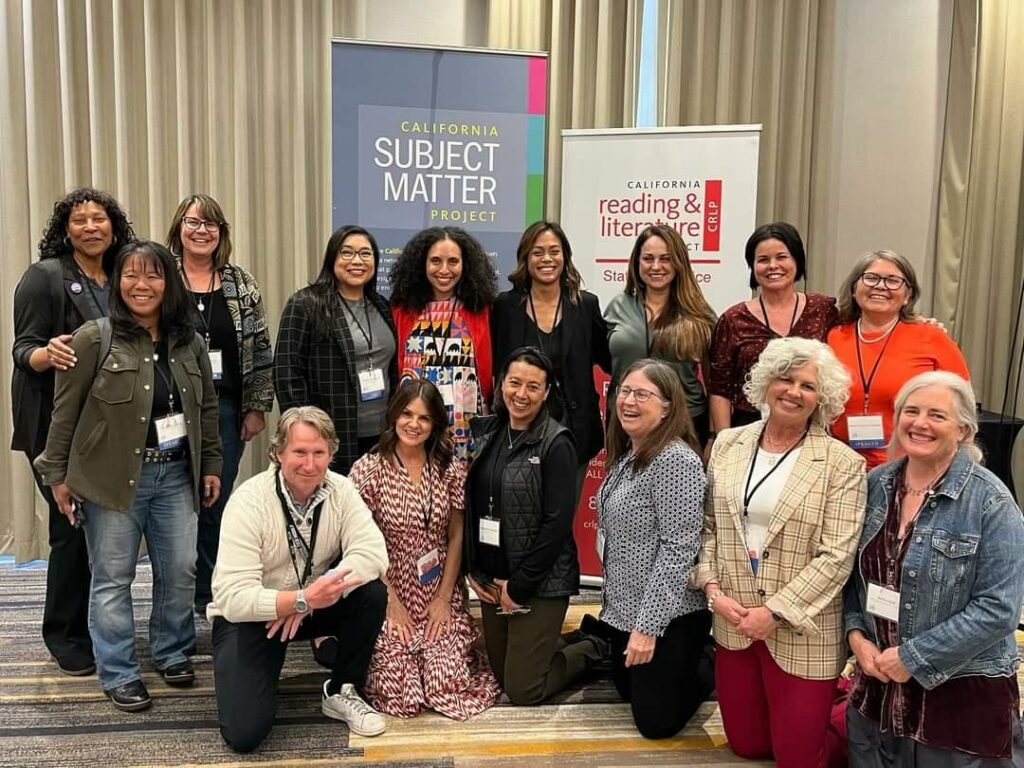
Credit: Alison Yin / EdSource
The Legislative Analyst’s Office is warning superintendents and school boards working on their next year’s budget that more storm clouds are on the fiscal horizon.
In a Feb. 15 report, the LAO forecast that further erosion of state revenues will likely reduce state funding for TK-12 by an additional $7.7 billion — $5.2 billion in 2023-24 and $2.7 billion in 2025-26. That would be on top of the $13.7 billion shaving that Gov. Gavin Newsom announced in his proposed budget for the current budget cycle that he released just a month ago.
When he presented the proposed state budget in January, Newsom built in a small cost-of-living increase and vowed to preserve funding commitments for schools and community colleges, but the deteriorating revenue estimates may force him to reconsider that promise when he revises the budget in May.
The California Department of Finance, which disagrees with the LAO’s financial projections for this year and next, won’t revise its budget forecast until the May revision. However, its report on January revenues, also released in mid-February, confirmed that revenues were heading in the wrong direction. Receipts from the personal income tax, the largest source of state revenue, were down $5 billion — 25% — from the $20.4 billion that the state had forecast. For the full fiscal year that started July 1, total state revenues are down $5.9 billion from a forecast of $121.5 billion.
About 40% of the revenues to the state’s general fund is directed to schools and community colleges through a 4-decade-old formula, Proposition 98.
The single biggest fiscal challenge facing Newsom and the Legislature is how to resolve a massive shortfall in Proposition 98 funding for 2022-23. Newsom and the Legislature were mostly in the dark when they passed that state budget based on a revenue estimate in June 2022. Because of storms and floods the previous winter, the U.S. Treasury delayed the tax filing date for 2022 from April 15 to Nov. 16. Thus, officials lacked reliable data, and it turned out they were way off. The shortfall for Proposition 98 was $12 billion.
Because school districts have already spent that money, Newsom is proposing to hold them and community colleges harmless without counting the overfunding as part of the Proposition 98 minimum guarantee. In a trailer bill that his administration released, he calls for a one-time $9 billion supplemental payment that, due to the unique, delayed tax deadline, would be paid from the general fund, not out of current or future funding for Proposition 98. It would be repaid over five years, starting in 2025-26.
Opposition of the Legislative Analysts’s Office
The LAO is skeptical of the legality and wisdom of pushing off the solution for the 2022-23 deficit into the future; it’s recommending the Legislature reject the ideas and instead use the $9 billion cushion in the Proposition 98 reserve account to cover the shortfall.
“The Governor’s proposed funding maneuver is bad fiscal policy, sets a problematic precedent, and creates a binding obligation on the state that will worsen future deficits and require more difficult decisions,” it said in a report issued last week.
It recommends balancing the budget by cutting billions of uncommitted dollars for new programs, the largest of which is $2.8 billion for creating more community schools; eliminating the $1 billion cost-of-living adjustment for the Local Control Funding Formula; cutting $500 million for low-emissions school buses and reducing costs and restructuring other programs. One is the Expanded Learning and Opportunities Program, which provides free after-school activities for low-income students.
Newsom would use $5 billion of the Proposition 98 rainy-day fund to cover the budget shortfall this year and next while paying for the 1% cost-of-living adjustment next year. That would leave $4 billion in the reserve to cover at least part of a bigger deficit that the LAO is predicting.
Lurking in the background is the option of deferrals — issuing IOUs for funding that would be repaid in subsequent years. That tactic was used extensively after the Great Recession when state revenues plunged. It requires that districts and charter schools borrow short-term to cover the delay in state funding.
School advocates clearly prefer Newsom’s approach and are critical of the LAO’s recommendations, although they aren’t ready to suggest further cuts if revenues remain slow.
“We don’t want to start negotiating with ourselves over which programs to cut, but need to be prepared for a challenging budget if revenues do not rebound in the second half of this fiscal year,” Kevin Gordon, president of Capitol Advisors Group, an education consultancy, wrote in a letter to his clients last week.
Edgar Zazueta, executive director of the Association of California School Administrators, criticized the LAO and called on Newsom and legislators to protect their investments in schools.
“The LAO’s recommendations in response to the fiscal picture are potentially devastating to schools and especially students,” he said. “The programs that could be impacted are good for students, and we’ll be urging the Legislature and governor to do everything to protect California students.”


